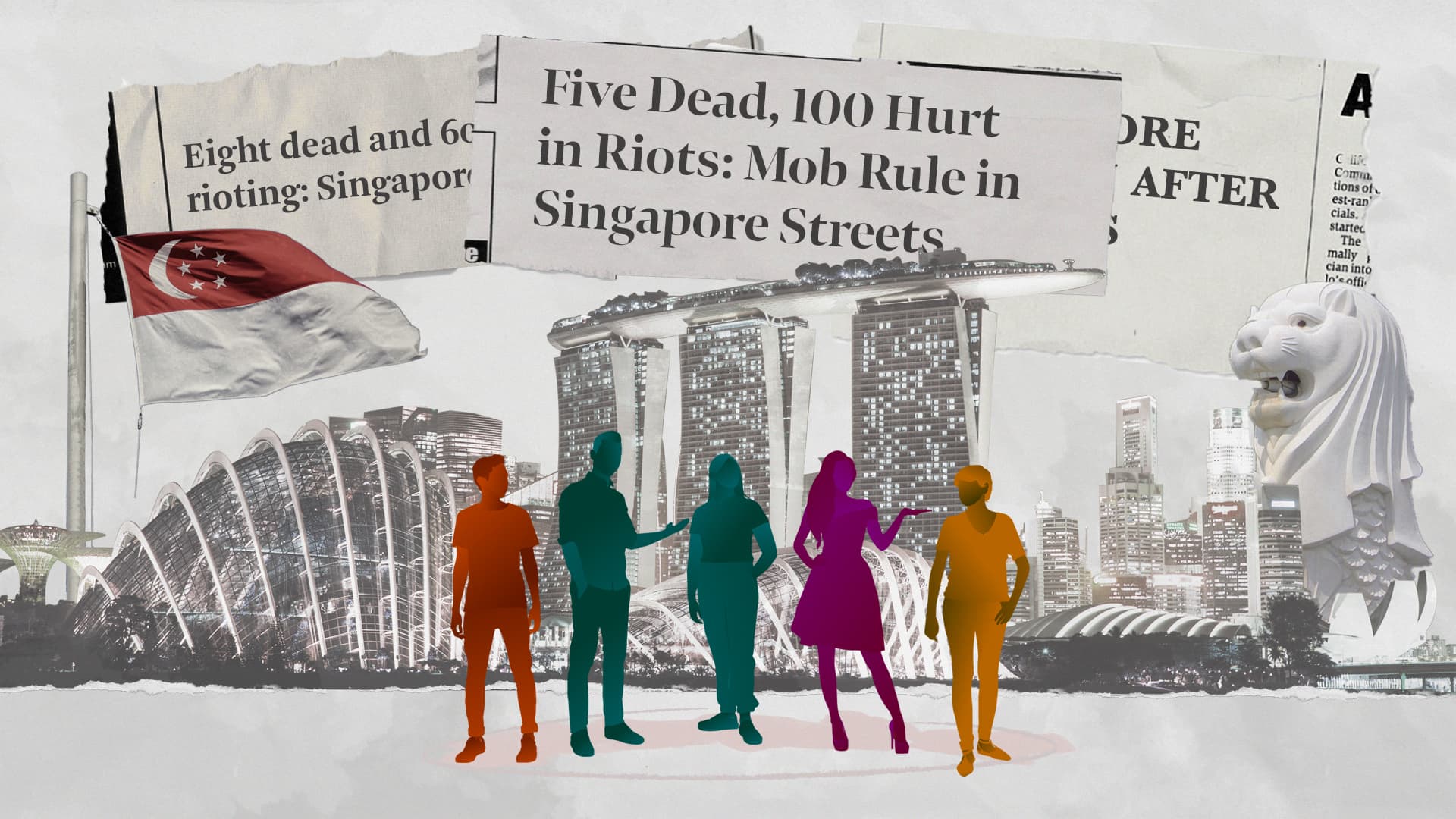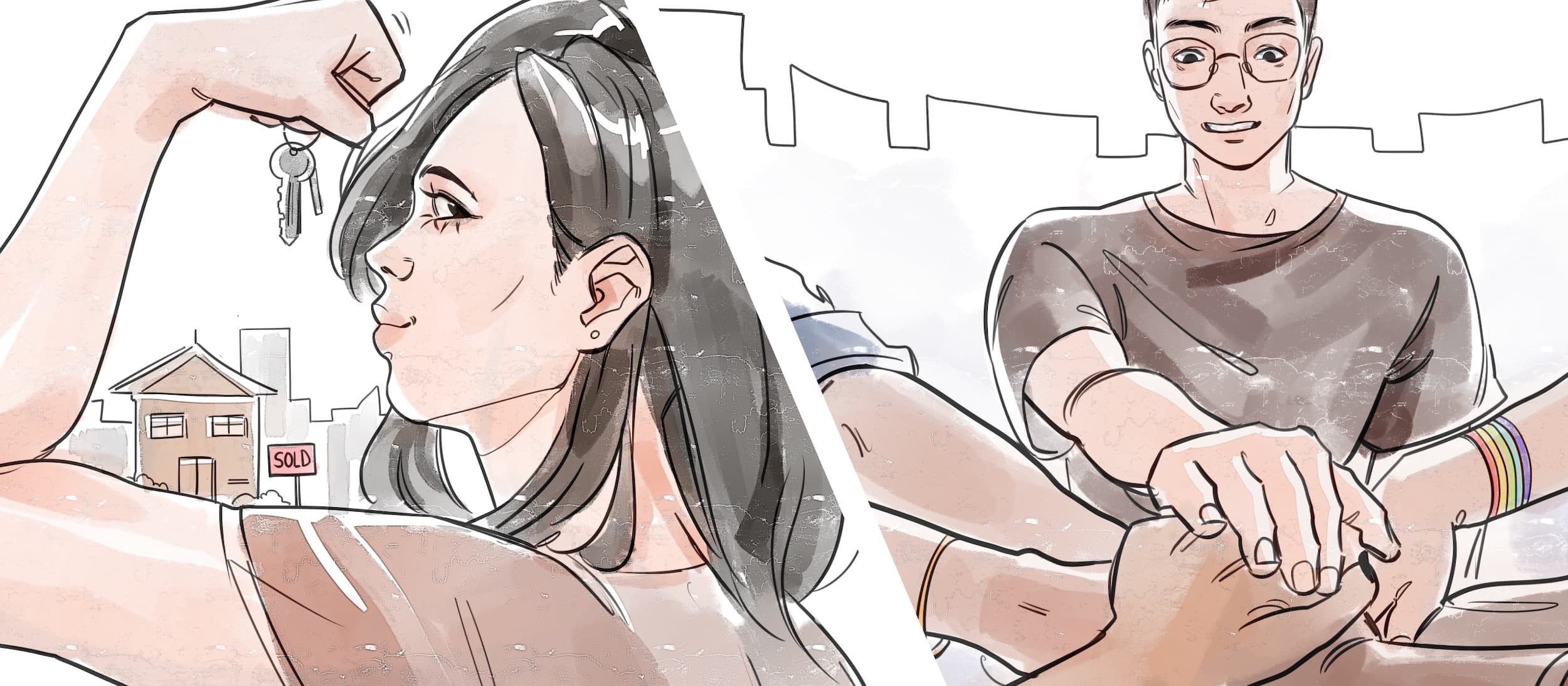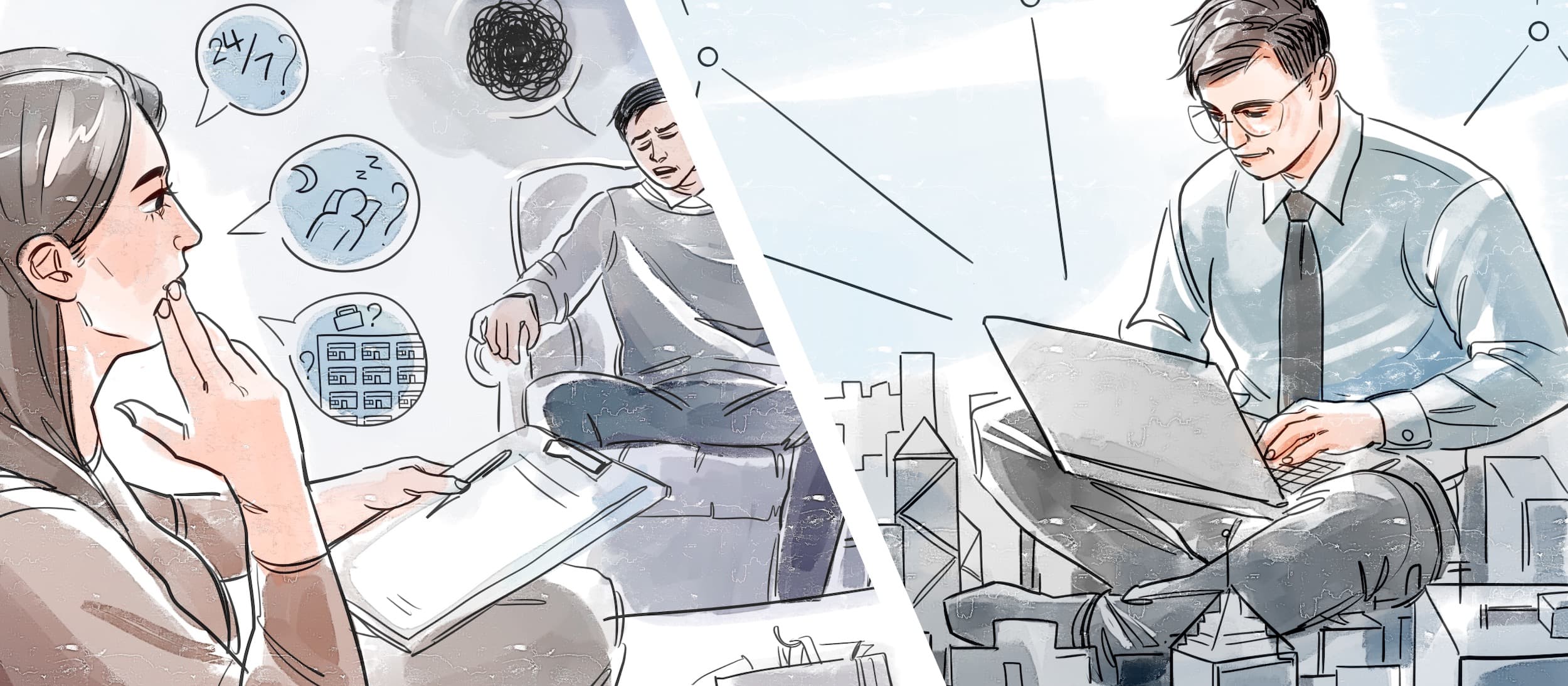The choices that Singapore has made to achieve success are not without their costs.
According to Kisi’s Global Work-Life Balance Index 2021, Singapore is the second most overworked city in the world. This, perhaps, results from the intense competition of an open economy and a lack of adequate labour protection in the country — policies necessary to jump-start the economic engine of a small nation.
A history and psyche of vulnerability have also influenced the national security policies of Singapore. Critics note that the nation’s laws tend to overreach while remaining inscrutable to the ordinary citizen, manifesting in high state surveillance and a lack of transparency. One notable example is the government’s failure to inform people that data from TraceTogether may be used not only for contact tracing, but also for security purposes.
Similarly, the country’s emphasis on racial harmony means that students are taught to accept difference superficially without actually engaging in critical debate over racial relations. Therefore, many view its education system as glossing over persistent and documented inequalities, ill-equipping Singaporeans with the vocabulary and confidence to speak about such topics.
Singapore is a nation with a thriving economy and stable socio-political scene. Yet, just as no rose grows without thorns, this infrastructure has its vulnerabilities amidst its successes. And, like all infrastructure, our nation needs regular maintenance and, perhaps, even a complete remaking — just as we did 56 years ago.
Looking to the past allows us to chart our future trajectory better. Now, with the lessons and privilege of hindsight, the nation-building project is in the hands of younger Singaporeans. What does Singapore mean to them, and where will they take us?
Sources: CNA, Kisi, The Straits Times





